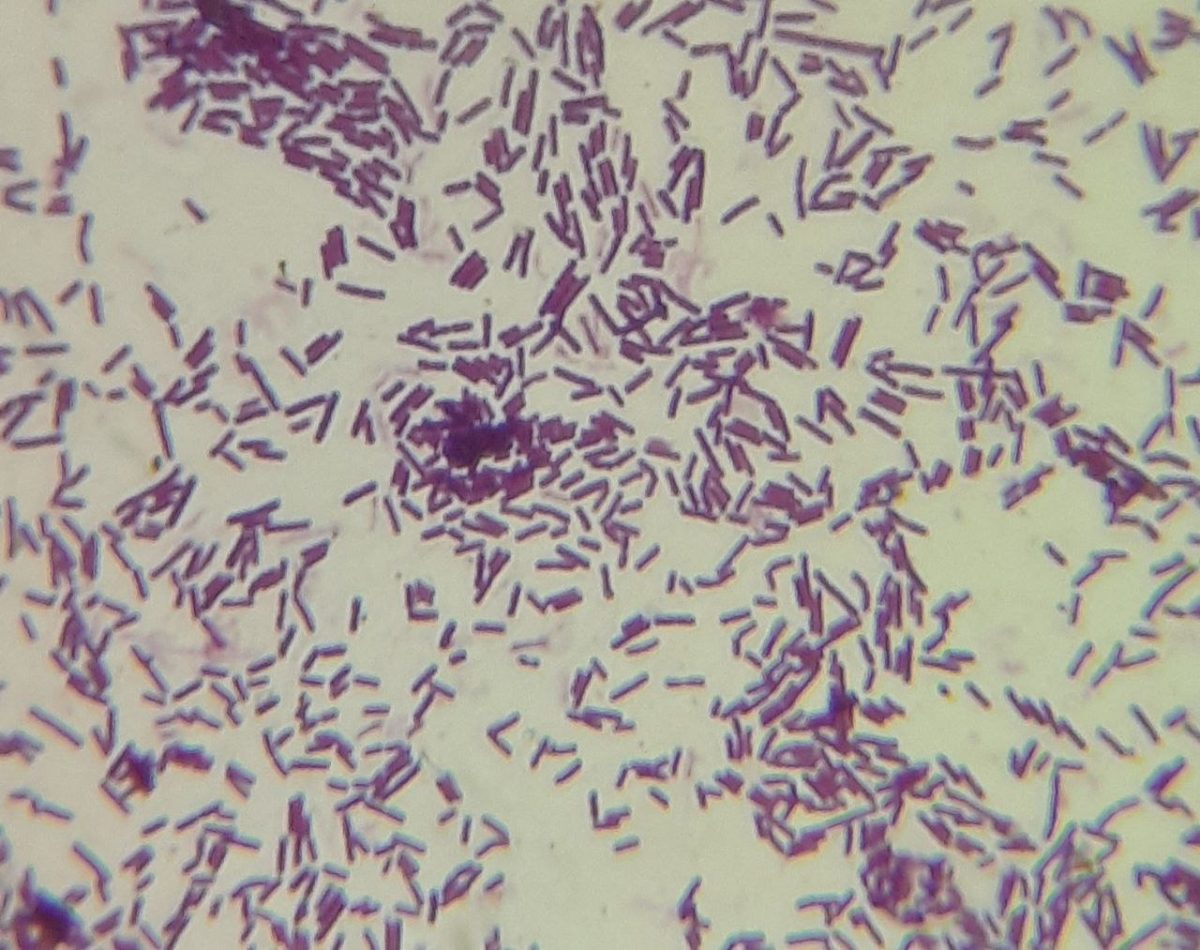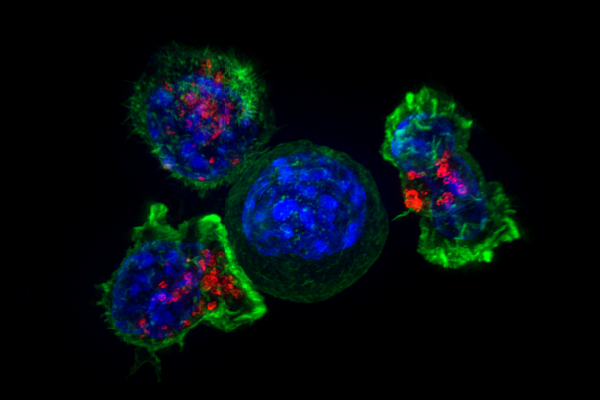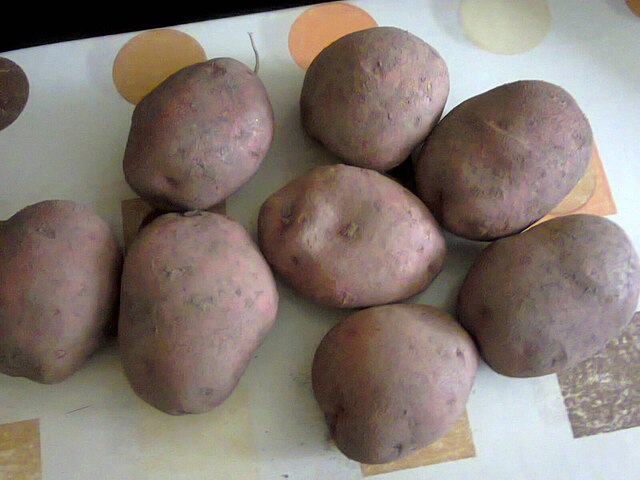A study from the University College Cork at the APC Microbiome Ireland led by Dr. Gabriel Tofani and his team of microbiologists found that the microorganism Lactobacilus reuteri mechanizes the body’s response to stress.
The hypothalamus and the pituitary glands in the brain and adrenal glands above the kidney form the HPA axis. Stress and the circadian rhythm connect to this axis and are regulated through the vital role of the gut. The gut microbiome within the small intestine is the ideal environment for many bacteria, with as many as trillions of bacteria that help with digestion and regulation of the circadian rhythms, affecting mood and stress.
The amount of L. reuteri varies amongst individuals. The research demonstrated that when the microbiota of the gut is depleted, which can occur as a result of sudden or gradual changes to diet in an increasingly sedentary lifestyle or chronic stress, it can over-stimulate the HPA axis right as the sleep/wake transition occurs, causing glucocorticoids to be produced. This can impair stress level management.
Because glucocorticoids serve as a stress and circadian signal, the team of researchers wanted to understand if the microbiota-driven change in circadian rhythm was also present in other parts of the brain. RNA sequencing of the nuclei of hypothalamus, hippocampus and amygdala cells was performed.
Dr. Tofani’s team noted that even though it was known that time of day was a factor in stimulating glucocorticoid stress response since the 1970s, it remains a challenge to fully understand the mechanism of how circadian factors work together to maintain the stress response.
The gut microbiota coexists with the human host, forging an intertwined relationship between itself and the host cell. The functions of the amygdala and hippocampus, which are linked to emotion and learning, are especially sensitive to microbial gut presence. When the microbiome is depleted, it directly disrupts the rhythmic behavior in regions of the brain that respond to stress.
This recent discovery of L. reuteri may contribute to further findings in microbial treatments in healthcare and nutrition supplements.
(Supplemental Global LLC, Lactobacillus reuteri, 2024)








